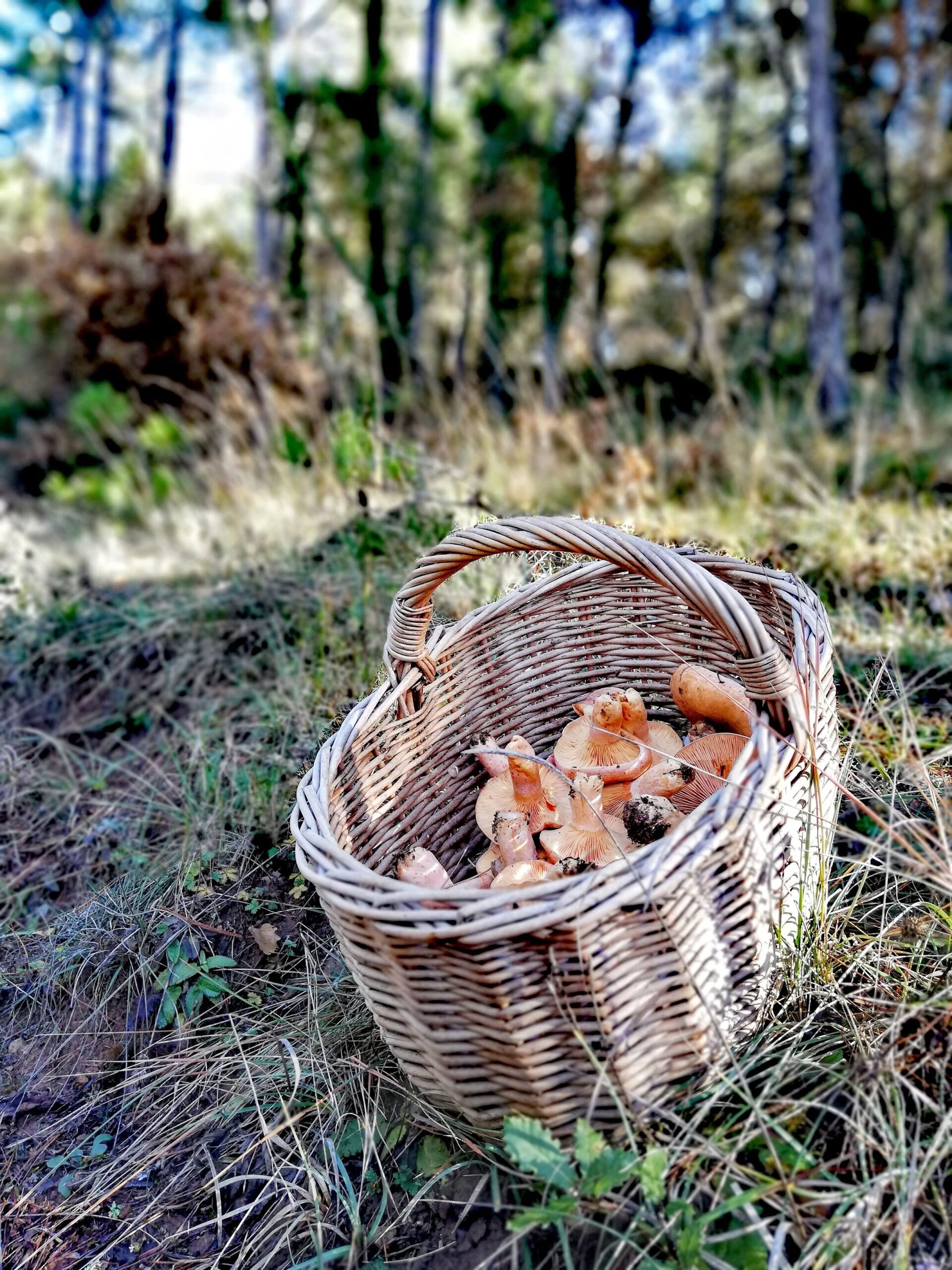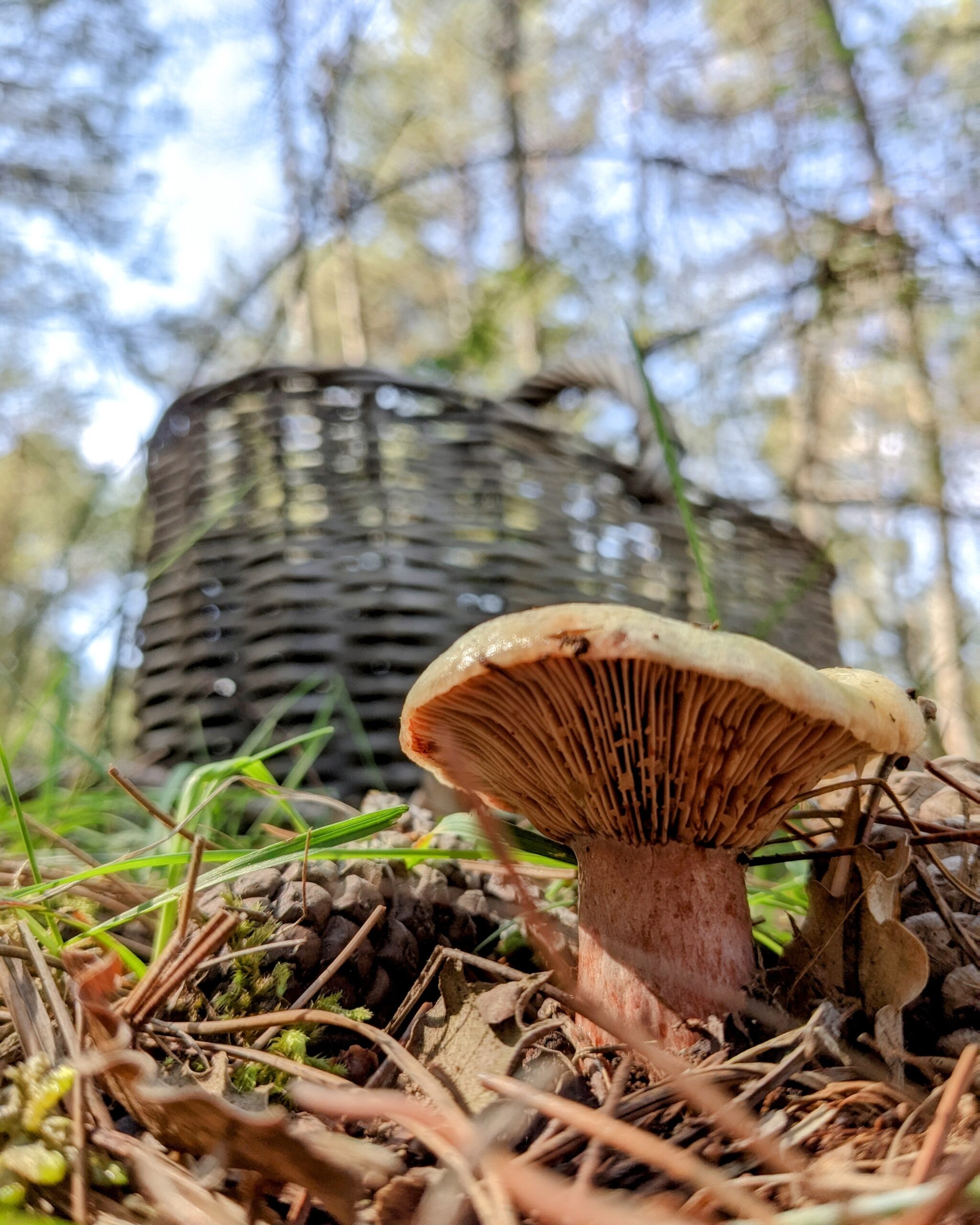- We use artificial intelligence models to predict the effects of climate change on five mushroom species of high socio-economic value.

A study carried out by the Centre for Forest Science and Technology of Catalonia (CTFC), the University of Lleida and Agrotecnio reveals that climate change could reduce the production of boletus (Boletus edulis) and chanterelles (Lactarius deliciosus) in Catalonia, especially in some of the most productive areas.
Using models based on machine learning, a field of artificial intelligence, researchers have estimated the impact of climate change on the production of five species of edible mushrooms of commercial interest.
The results of the study published in the scientific journal Ecological Informatics indicate that species that fruit at higher altitudes, such as boletus, could be more affected by climate change, while those that fruit at intermediate altitudes could shift their fruiting optimum to higher altitudes. However, the impact will not be uniform: some species may find favorable conditions at higher altitudes, while others will suffer a significant decrease in production.
‘This study highlights the need to anticipate the possible effects of climate change on mushroom productivity and, in particular, on species of high socio-economic value,’ says Albert Morera, one of the authors of the study.
This is one of the first studies to predict the productivity of edible mushroom species on a large scale in a context of climate change, as it requires exhaustive sampling over many years and covering a wide range of bioclimatic conditions. ‘Our results highlight the complexity of the different fruiting patterns of different mushroom species across the territory and their large inter-annual variation, which requires individualised studies for each species and over the long term,’ explains Sergio de Miguel, head of the CTFC’s Global Research in Forest Ecosystems group, professor at the University of Lleida, and the author who coordinated this research.
Thus, the research team stresses the need to develop management policies aimed at maintaining the ecosystem services provided by fungi in forest ecosystems and guaranteeing their future biodiversity and productivity.
This research has been carried out within the framework of the project ‘Environmental and anthropogenic factors determining the biodiversity and productivity of fungi in forest ecosystems in the face of global change’ (FUNFORCHANGE), funded by the Ministry of Science and Innovation and the State Research Agency (PID2022 -139558OB-I00) and led from the CTFC by Sergio de Miguel, head of the Global Research in Forest Ecosystems group.
More information:
https://www.sciencedirect.com/science/article/pii/S1574954124000992?dgcid=rss_sd_all#gts0030

